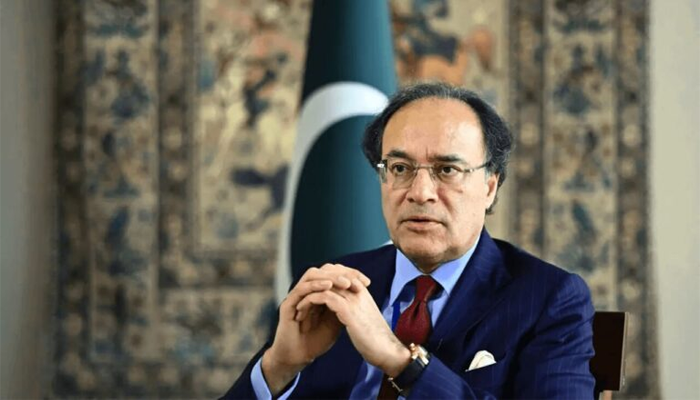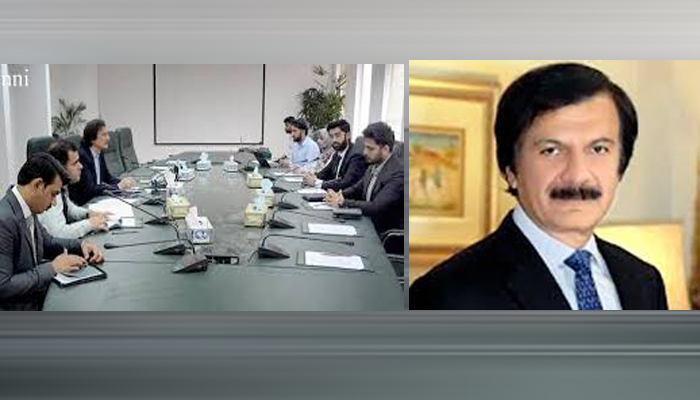ISLAMABAD: Pakistan is set to receive positive news from the IMF soon, as Finance Minister Muhammad Aurangzeb announced on Friday that negotiations are progressing well and are entering the final stages without significant obstacles.
Speaking to journalists, the finance minister reassured the public that the country is on track to meet the IMF's targets for economic discipline, emphasizing that the discussions are progressing smoothly and will conclude shortly. Aurangzeb highlighted Pakistan's commitment to economic reforms, stressing that the government is adhering to the agreed-upon financial framework, which would help secure the next tranche of funding from the IMF.
The ongoing talks focus on the first review of the $7 billion loan programme, which Pakistan secured under the Prime Minister Shehbaz Sharif-led government last year. If approved, the review will unlock approximately $1 billion as the second installment of the loan package. The IMF and Pakistan have made significant progress toward reaching a Staff-Level Agreement (SLA), which is crucial for the country’s economic stability and long-term recovery. IMF Mission Chief to Pakistan, Nathan Porter, affirmed last week that substantial progress has been made, which has brought the two parties closer to reaching an agreement on the first review.
The IMF's involvement has been pivotal in stabilizing Pakistan's economy, and the government remains confident that the country's financial situation will improve in the coming years. Discussions are ongoing, and both sides are focused on adhering to fiscal responsibility. This move is seen as critical in securing future funding and ensuring Pakistan stays on course for recovery.
In addition to economic matters, Aurangzeb also addressed the growing challenges posed by climate change, which is becoming an increasing concern for Pakistan. He highlighted the rapid melting of glaciers, the disruptions caused by fog in Lahore, and the vulnerability of the country to environmental shifts. According to the finance minister, a structured climate financing system is needed to combat these threats effectively. He pointed out that Pakistan has engaged in productive discussions with the IMF over the past two weeks regarding climate financing and disaster recovery, which could help mitigate the impacts of climate change.
Aurangzeb also disclosed that international donors had pledged $10 billion for flood rehabilitation projects. However, Pakistan has struggled to develop viable implementation plans to fully utilize this assistance. He stressed the need for practical and actionable climate projects to ensure that future funding is secured. Despite the challenges, Pakistan has made some progress in partnership with the World Bank, especially in terms of financing and capacity-building for climate resilience.
The finance minister further discussed the growing pollution levels in Pakistan, acknowledging that environmental degradation remains a significant challenge. He noted that the country’s water cycle has been adversely affected, and insufficient winter rainfall signals a growing environmental crisis. He warned that the combined impacts of climate change and population growth pose serious threats to Pakistan’s future. To address these concerns, Aurangzeb emphasized the importance of reducing project timelines to counter environmental risks more effectively.
The minister also highlighted the work done by the Everest K2 Research Centre in studying glacial melt patterns, which is essential for understanding the impact of climate change on water resources. He called for urgent action and reiterated that failing to address these environmental challenges would have severe economic consequences for Pakistan. Addressing these issues requires a holistic approach, and the finance ministry will continue to work closely with the climate change ministry to mitigate the effects of climate change on Pakistan's economy and future prospects.









